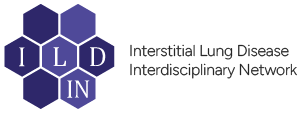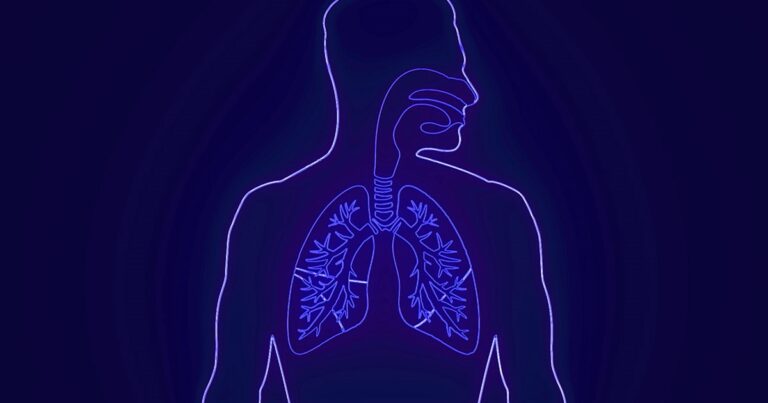Multidisciplinary round table discussion kindly sponsored by Action for Pulmonary Fibrosis

Pulmonary Fibrosis Awareness Month September 2021 Help change lives by raising vital funds and awareness this September #pftmonth
Patients with ILD were considered extremely clinically vulnerable during the COVID 19 pandemic and were amongst the group of people advised to shield by the government.
The UK has now come out of lockdown and most restrictions have now been eased. As an MDT group which included nurses, physios, pharmacy, advanced practitioner and representative for the patients voice we came together to offer opinion on the most common questions asked by HCP and patients.
We have agreed on opinion statements to help guide health care professionals discussions with patients and family members about feeling safe throughout these changed times.
Executive Summary
Overall the panel agreed for this patient group the risks remain high and that travel, work and face to face meetings were to be done only as a final resort and with as many protective measures in place as follows:
- Face
- Space
- Hand washing
- Regular lateral flow tests
- Booster vaccine
- My patients are asking me whether it is safe to travel (e.g. go on a plane or coach trip).
The panel felt in general it was unsafe to travel in this way at the moment, and to ask patients to consider waiting and re-assess later in the year. This was unless it was felt it was of significant detriment to the patient’s mental health.
Discussion included:
Ask your patients to consider the infection risk associated with this including travel to the airport, getting through the airport and sitting close to others on a plane. The risks were considered to be numerous . Much risk was considered to be outside of the patients control; trusting that other people are being as responsible.
As patients to problem solve. Ask questions about other ‘safer alternatives.
Remind patients of general safety measures.
- Face, space, hand washing and lateral flow tests before meeting up
- I need to get back to my normal life and go back to work but I am worried about my relative with ILD and whether it is safe for me to do so?
The panel suggest that going back to work or back to the shops and meeting other people is an important step for quality of life and might be essential for financial reasons. We would encourage relatives to use lateral flow tests before seeing a relative with ILD. We would strongly recommend taking up booster vaccinations and for any children to be vaccinated.
Practical suggestions when meeting up include being honest about your boundaries as a patient and communicating with friend and family what you need to stay safe. Meet in open spaces, ensure buildings are well ventilated. Refer patients to occupational therapists in the case of returning to the workplace.
- Patients want to know whether they can go shopping, out for a meal, to a wedding/christening.
Again, the panel agreed living well with ILD was important for physical and mental wellbeing. The focus should be on adapting so people can return to their daily activities in a safe way. Suggestions over and above the main advice included; shopping at quieter times, wear an APF lanyard or sunflower to show you are vulnerable, sit outside at restaurants, sit near doors and open windows, arrive late and leave early to mass events (staying at the edges of larger groups).
- How safe are we, now we are double vaccinated? What evidence is there for immunocompromised patients that the vaccine is effective.
The panel advised that it is important to remember the vaccine won’t stop patients getting COVID but it should reduce the impact and we encourage the uptake of the boosters when offered. The panel expressed concerns about flu this year and felt it was important to strongly encourage everyone to take up the vaccination when offered.
When starting patients on immunosuppression ensure that they have had all vaccines that are available to them prior to commencing treatment.
If your patient asks whether they should stop immunosuppression pre vaccination the panel agreed that the patient should be encouraged to continue treatment to minimise the risk of de-stabilising their condition which potentially could increase the treatment dose needed or lead to admission.
A recent study (gov website need a reference) in immunocompromised patients, advised some reduction in effectiveness although after 2 doses provide high levels of clinical effectiveness. Number provided with current data is the are 70% effective in immunocompromised. This is less than in the healthy population which is about 90% however this number still provides a good response. Our rheumatology colleagues advise that whilst less effective it still offers good levels of protection.
- Patients have deconditioned due to Isolating and are more short of breath. What should we advise re safe and affordable exercise if there are long waits for PR?
Many PR programmes will prioritise ILD patients, it is worth HCP/GP contacting the service and asking for a priority place or advice/information for patients. Encourage patients to look up British Lung Foundation website where there are exercise programmes that use level of breathlessness to ensure patients use the correct exercise video.
Some useful advice for patients do at home or close to home;
- Do an extra step on the bottom step before walking up the stairs
- Whilst making a cup of tea do some bicep curls or hold onto the kitchen surface and go up and down on toes
- Use an exercise diary for motivation and consistency
- Consider walking groups look for flat areas with regular benches to stop and rest.
Talk through goal setting with your patient – ask them what they want to achieve, offer both short and long term goals may help break it down.
We discussed joining a gym and as a group the panel felt we would not encourage this at the moment due to COVID and the importance of maintaining social distancing. Once it feels safer to do so we discussed that our patients should do some research before joining as some gyms are not able to let you use your oxygen.
We agreed it is difficult to motivate yourself and sometimes it is not that they don’t know what to do but the discipline of a regular class helps. Suggestions included using step count on phone/smart watch to motivate, set a goal and increase, this approach does require the need of some understanding of technology so will not be accessible to some patients. Suggest they contact a support group as the group dynamic will provide support and motivation, some groups have regular exercise sessions as part of their format.
- How safe is it to go back to support groups face to face?
The panel agreed that hospital based support groups were not going to happen for a long time, some will not return to the hospital site as it feels safer to stay away from hospitals for group activities.
Suggestions included social meet ups outside or in smaller groups over the summer/dryer days. Some groups offer walk and talks or picnics whilst maintaining social distancing and use face coverings if tolerable.
When using a venue consider larger venues and the extra time needed for cleaning and tidying after the meeting and the extra time that will be needed we advised that some groups are looking for venues that are bigger and that provide the cleaning and tidying after the meeting.
Make the most of the summer, it will be difficult to encourage meeting up inside in the winter.

